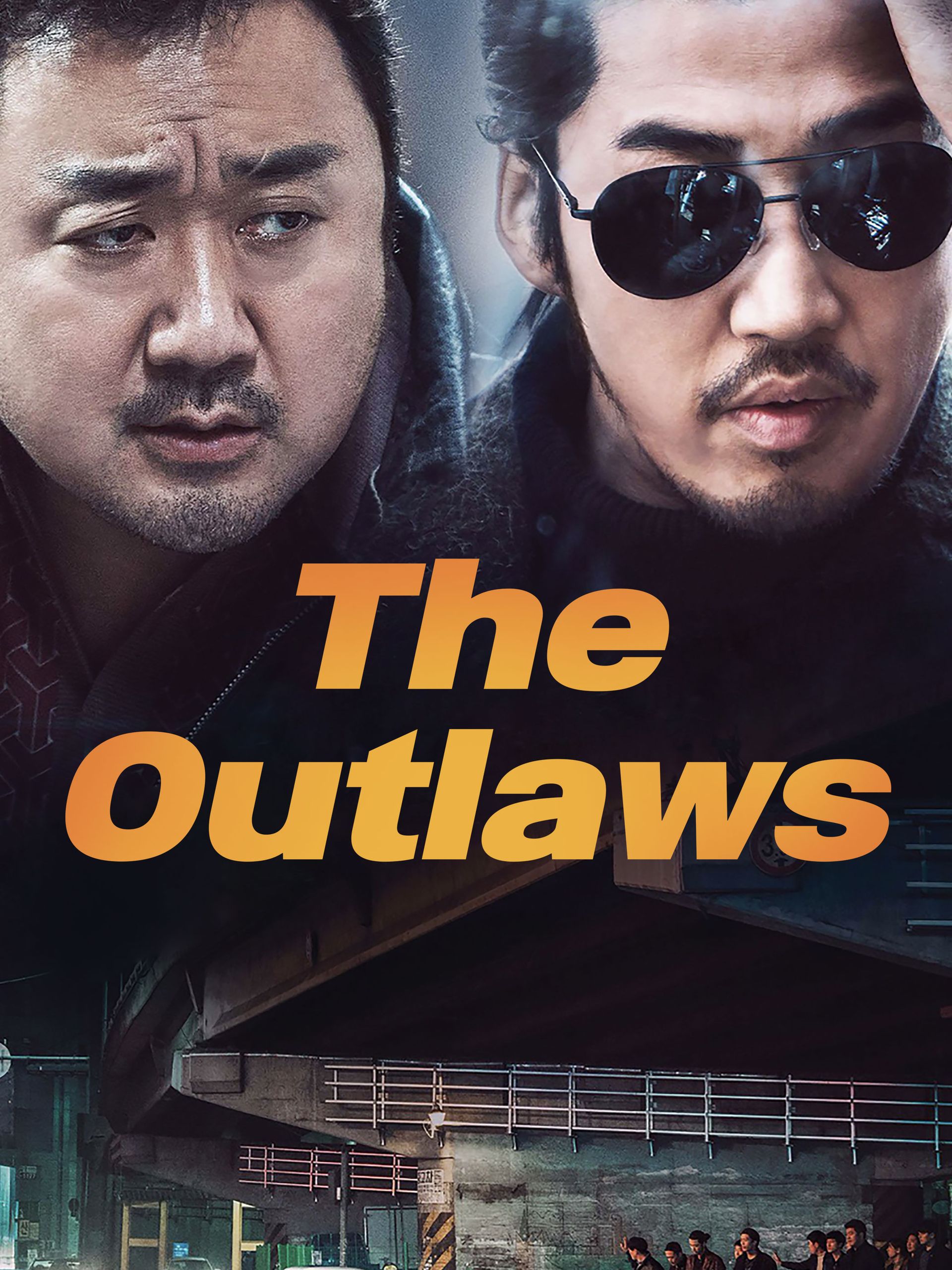The Boys (Season 4) (2024) continues to push the boundaries of the superhero genre, diving deeper into a world where heroes are often more corrupt than the villains they fight. Building on the shocking events of Season 3, this season takes viewers on an intense journey filled with moral dilemmas, explosive action, and razor-sharp social commentary.
Recap of Previous Seasons
For those new to the series, The Boys is based on the comic book by Garth Ennis and Darick Robertson. The show centers around a group of vigilantes known as the Boys, who are dedicated to exposing the dark truths behind superheroes and their corporate overlords, Vought International. The series cleverly critiques the glorification of superhero culture, highlighting the consequences of unchecked power and the moral ambiguities that come with it.
By the end of Season 3, the series had reached new heights of drama and complexity, with Billy Butcher (Karl Urban) and his team facing dire consequences for their actions against the powerful and morally dubious Supes. With Homelander (Antony Starr) becoming increasingly unstable and dangerous, the stakes have never been higher.
What to Expect in Season 4
The Boys (Season 4) picks up right where Season 3 left off, diving into the fallout from the intense confrontations and betrayals that have defined the series. Billy Butcher, grappling with the consequences of his choices, must lead the remaining members of the Boys—Hughie (Jack Quaid), Kimiko (Karen Fukuhara), Frenchie (Tomer Capon), and Mother’s Milk (Laz Alonso)—in a relentless quest for justice against Vought.
This season introduces new characters, both allies and antagonists, who add depth to the already intricate narrative. The introduction of fresh faces brings new dynamics to the group and raises the tension between the Boys and the Supes. As the Boys navigate a world rife with political machinations and media manipulation, they confront not only the corrupt forces at play but also their own ethical boundaries.
Themes of Power and Morality
One of the standout features of The Boys is its willingness to tackle complex themes surrounding power, loyalty, and the ethical implications of superpowers. Season 4 further explores what it means to be a hero in a world where moral lines are blurred, and the consequences of one’s actions can be devastating.
Homelander’s deteriorating mental state becomes a focal point, showcasing the dangers of absolute power and the fragility of a hero’s image. As he seeks to maintain control over the narrative, viewers are reminded of the real-world implications of media manipulation and the cult of personality surrounding public figures.
Character Development and Dynamics
The character arcs in Season 4 are compelling and thought-provoking. The Boys must confront their own demons while dealing with the harsh realities of their mission. As they face insurmountable odds, the dynamics within the group evolve, revealing hidden vulnerabilities and strengths.
Billy Butcher’s relentless drive for vengeance is contrasted with the struggles of his teammates, who must grapple with their motivations and the toll that their actions take on their humanity. Meanwhile, Hughie finds himself torn between his desire to do what’s right and the lengths he’s willing to go to achieve it.
Conclusion: A Thrilling Experience Awaits
The Boys (Season 4) promises to deliver the same blend of dark humor, thrilling action, and biting social commentary that has captivated audiences since its inception. As the series continues to deconstruct superhero culture, it challenges viewers to reconsider what it means to be a hero in today’s world.
Fans can expect shocking twists, intense confrontations, and moments that will leave them questioning the very nature of good and evil. With its unflinching portrayal of power dynamics and moral ambiguity, Season 4 of The Boys is set to be a thrilling ride that will resonate with viewers long after the credits roll. Whether you’re a die-hard fan or new to the series, this season is a must-watch for anyone looking to explore the darker side of heroism in a thought-provoking and entertaining way.




